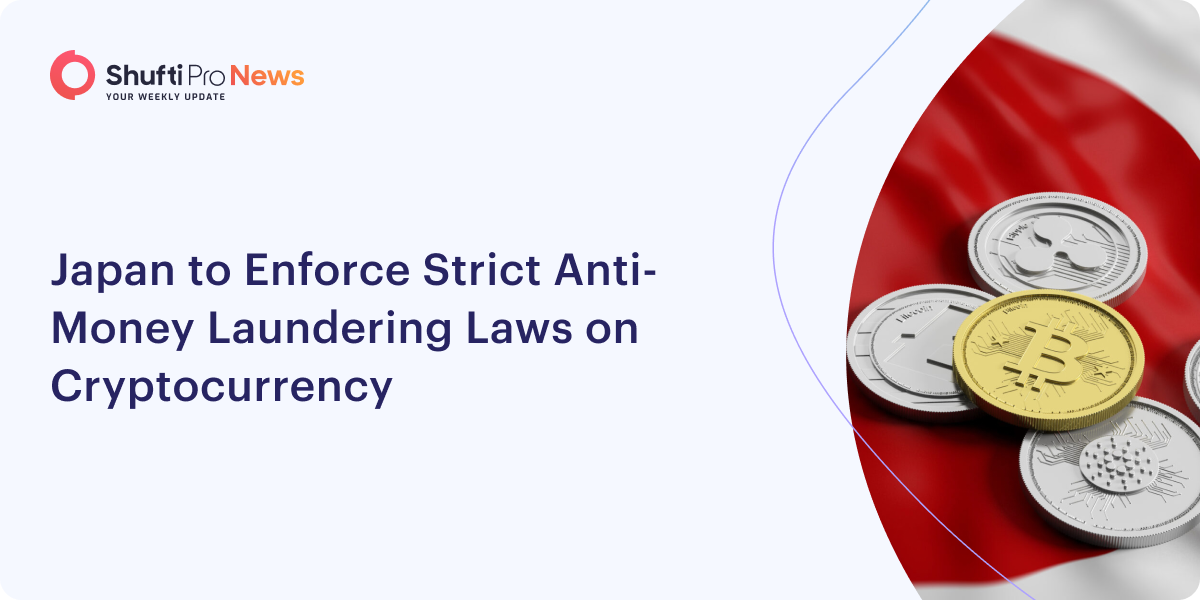Japan to Enforce Strict Anti-Money Laundering Laws on Cryptocurrency

A stringent set of anti-money laundering measures will be implemented in Japan starting June 1st, including the controversial “travel rule” of the Financial Action Task Force (FATF).
The Japanese cabinet has decided to implement “travel rule” measures since the Watchdog considers Japan’s current measures insufficient. To combat money laundering, illegal funding, and terrorist financing through cryptocurrency, the FATF recommended the travel rule in 2019. Towards the end of June 2022, the FATF encouraged member countries to introduce legislation concerning travel rules “as soon as possible.”
The travel rule stipulates that any financial institution that processes crypto transfers exceeding $3,000 must provide the customer’s information to the exchange or institution that will receive the funds as part of the transfer process. The recipient and sender’s names, addresses, and account information should be included in the data.
FATF’s initiatives aimed at accelerating global standards for crypto “such as the ‘travel rule’, as well as its work on emerging risks, including those associated with DeFi arrangements, peer-to-peer transactions, and more.”
Recently, the Intergovernmental Political Forum of the Group of Seven (G-7) expressed its support for the FATF’s initiative to accelerate the global implementation of its travel rule, which requires financial institutions to share information about crypto fund transfers. At the time, the travel rule had yet to be implemented in Japan. As the current presidency of the G-7, Japan is aligning itself with global standards by implementing the rule.
Since 2021, when the Financial Services Agency of Japan (FSA) requested that virtual asset services providers implement the travel rule, Japan’s crypto industry has struggled to comply. JVCEA, the Japanese Virtual Currency Exchange Association, introduced self-regulatory regulations in April 2022. A cabinet decision was approved in October of last year to amend existing laws to curb the use of cryptography to launder money, as required by the FATF.
Suggested Reads:
CRYPTOCURRENCIES NEED REGULATION TO PREVENT MONEY LAUNDERING, SAYS SINGAPORE MINISTER
RANSOMWARE ATTACK EXPOSES 5.8 MILLION PHARMACEUTICAL RECORDS OF PHARMERICA CORPORATION

 Explore Now
Explore Now













